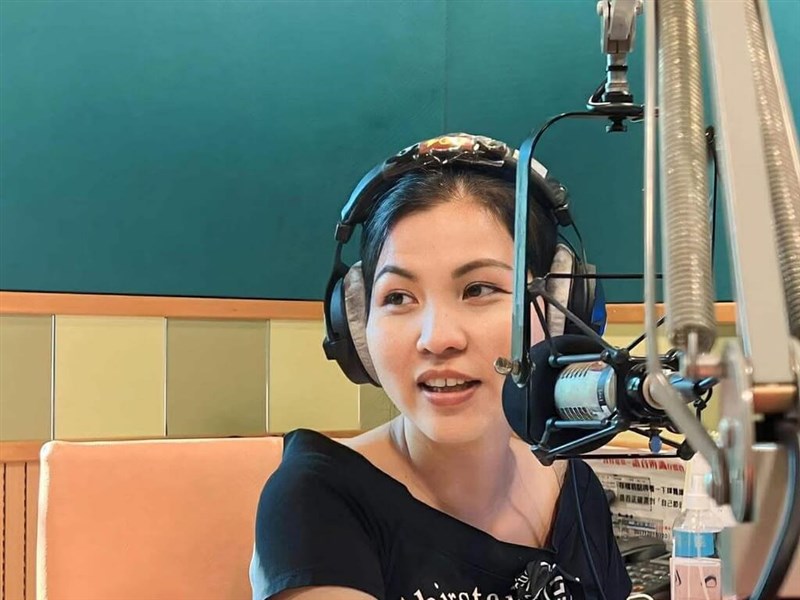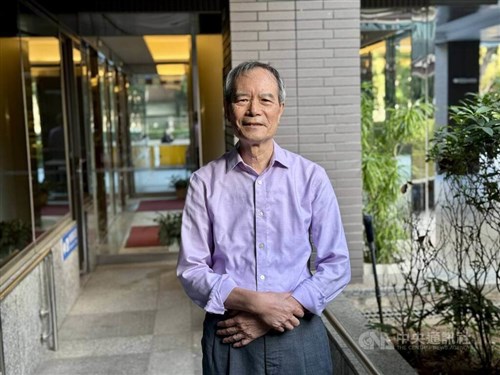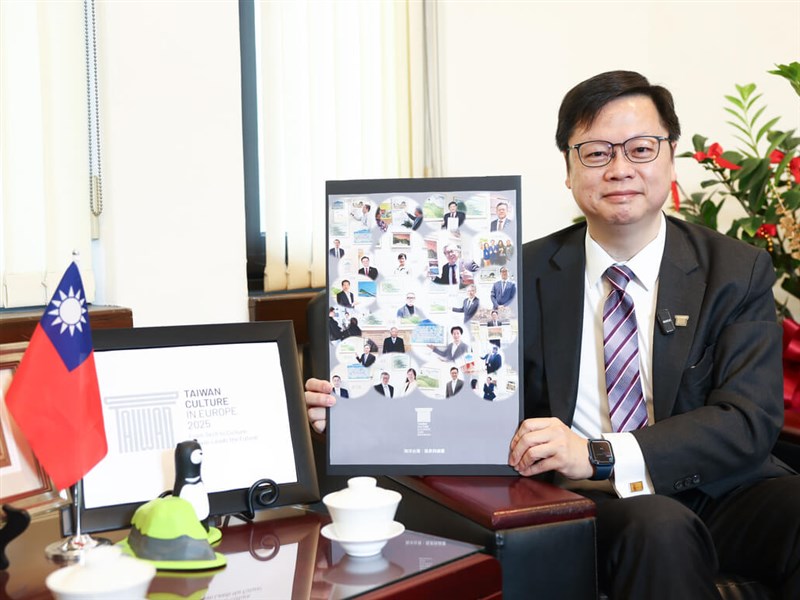INTERVIEW/Academic, former Ukrainian MP tout women's role in national defense
05/26/2024 11:09 AM
Women's participation in Taiwan's civil defense system and fighting force should be expanded, as they could play a critical role in building resiliency and conquering enemies, two attendees at a civil defense forum in Taipei this week told CNA.
(Full text of the story is now in CNA English news archive. To view the full story, you will need to be a subscribed member of the CNA archive. To subscribe, please read here.)
More in INTERVIEW
![When life takes a 'left-handed' turn: Vietnamese realizes acting dream in Taiwan]() When life takes a 'left-handed' turn: Vietnamese realizes acting dream in TaiwanVietnamese actress Trần Thu Liễu, also known by her Chinese name Chen Chiu-liu (陳秋柳), has realized her acting dream in Taiwan, a place she has called home for more than two decades.12/22/2025 02:46 PM
When life takes a 'left-handed' turn: Vietnamese realizes acting dream in TaiwanVietnamese actress Trần Thu Liễu, also known by her Chinese name Chen Chiu-liu (陳秋柳), has realized her acting dream in Taiwan, a place she has called home for more than two decades.12/22/2025 02:46 PM![New translation of 'The Canterbury Tales' marks milestone in Taiwan medieval studies]() New translation of 'The Canterbury Tales' marks milestone in Taiwan medieval studiesGeoffrey Chaucer is known as the "Father of English Literature" or the "Father of English Poetry" for his medieval classic "The Canterbury Tales," a work that encouraged writers of his time to write in Middle English rather than French.12/22/2025 12:11 PM
New translation of 'The Canterbury Tales' marks milestone in Taiwan medieval studiesGeoffrey Chaucer is known as the "Father of English Literature" or the "Father of English Poetry" for his medieval classic "The Canterbury Tales," a work that encouraged writers of his time to write in Middle English rather than French.12/22/2025 12:11 PM!['Taiwan Culture in Europe' campaign forges closer ties: Official]() 'Taiwan Culture in Europe' campaign forges closer ties: OfficialThe "Taiwan Culture in Europe 2025" initiative has successfully showcased Taiwan's freedom, openness and diversity, via cultural events in Europe, a senior Taiwanese diplomat has said.12/20/2025 09:54 AM
'Taiwan Culture in Europe' campaign forges closer ties: OfficialThe "Taiwan Culture in Europe 2025" initiative has successfully showcased Taiwan's freedom, openness and diversity, via cultural events in Europe, a senior Taiwanese diplomat has said.12/20/2025 09:54 AM
Latest
- Politics
Pollster, law professor nominated as CEC chair, vice chair
12/22/2025 10:10 PM - Society
Hualien man fined after his ostrich runs wild on Provincial Highway 9
12/22/2025 09:04 PM - Sports
Badminton nearly doubled in popularity over past decade: Ministry
12/22/2025 08:56 PM - Society
Taipei police still tracing finances of Taipei attacker
12/22/2025 08:16 PM - Politics
Taiwan's social safety net needs to be repaired, strengthened: VP
12/22/2025 07:45 PM


